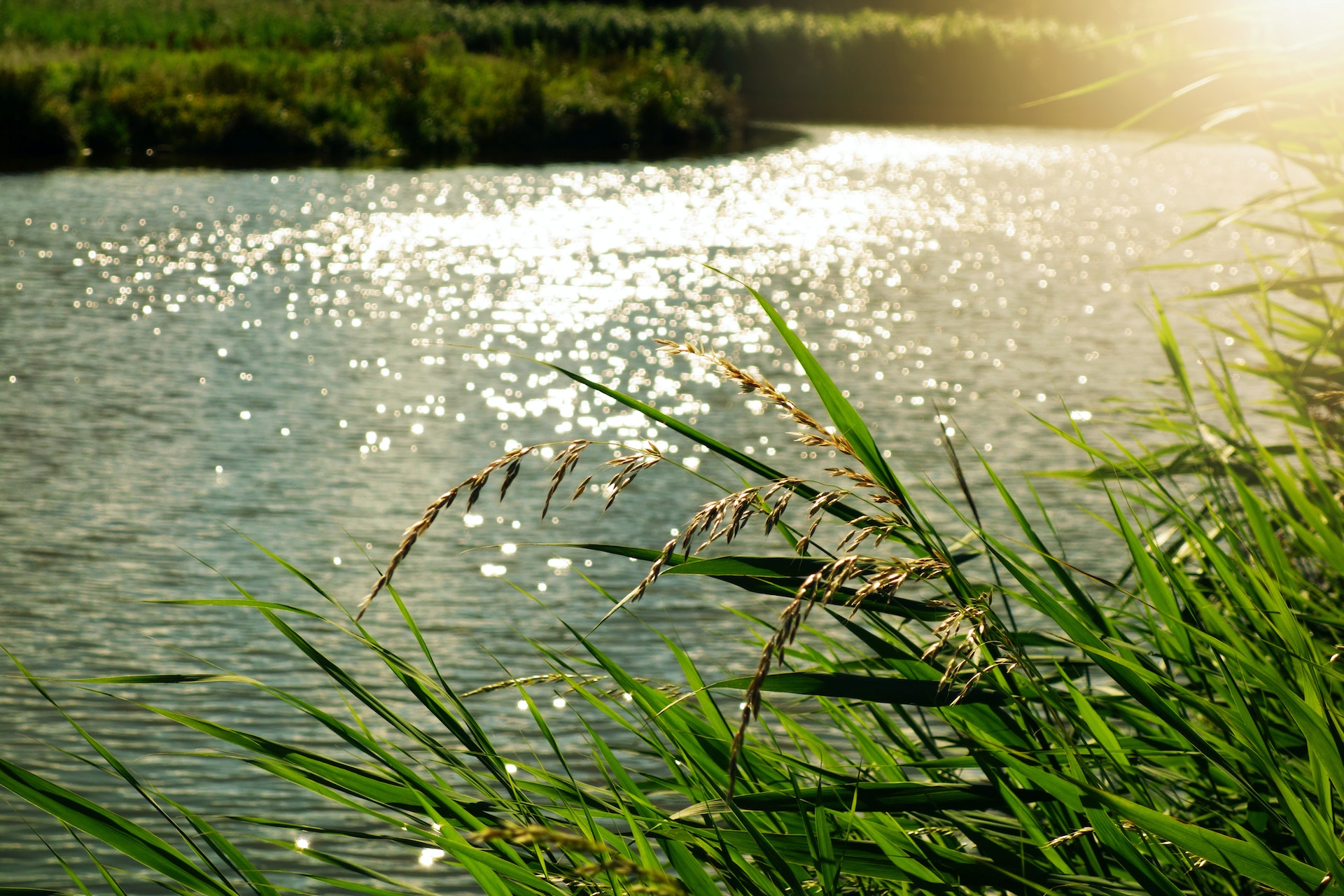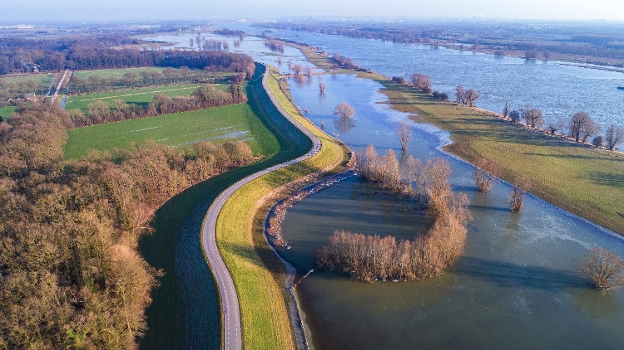Cookies
Van Hall Larenstein treats its customers' information with the utmost care and will never make this information available to third parties. Read more about us Privacy and Cookie Policy

Floods and droughts, less biodiversity and poorer water quality in our rivers and streams. These problems call for nature-based solutions and sustainable management. The Nature Based River Management research group develops practical knowledge on nature-based solutions. Natural processes and climate buffers play a key role in this. We restore and encourage those natural processes in order to make rivers and streams more resilient to the impact of climate change. And we investigate and monitor what interventions are needed for this.

The Nature Based River Management research group contributes to new knowledge and insights about natural river management and nature-based solutions. Its aim is to make water systems in rivers and stream valleys climate-proof and sustainable, providing scope for nature development and restoration and sustainable uses. The research group does this through applied research and in close cooperation with society and industry.
These are the five lines of research the research group works with:
Together with practical partners, the research group develops and shares knowledge on nature-based solutions to tackle problems in river and stream catchments. For example, students from the part-time Land and Water Management study programme explore nature-based solutions to enable future-proof water distribution at the Pannerdensche Kop junction. They look at upstream opportunities, downstream impacts and historical developments in the area.
Current projects
The Nature Based River Management research group publishes articles in trade journals for professionals from the blue-green sector and in scientific journals. We involve students in the publications as much as possible so that they can share knowledge and insights from their research with the professional field.
Key publications
Nature-based management as the greatest common denominator for climate resilient and sustainable river and stream systems: Jantsje van Loon-Steensma gave this inaugural address when accepting the post of lecturer of Nature-based River Management at Van Hall Larenstein University of Applied Sciences on 16 June 2023.
Greening the dike revetment with historic sod transplantation technique in a living lab: This article describes research into the robustness of the green dike at the Hedwige-Prosperpolder. Kim van den Hoven (Wageningen University & Research) wrote it with many co-authors, including her supervisor Jantsje van Loon-Steensma.
All the research group’s publications are available on Greeni, the online library for the green universities of applied sciences.
Lecturer Jantsje van Loon-Steensma graduated from Wageningen University in 1993 with a degree in Environmental Hygiene. After graduating, she and other recent graduates ran a consultancy, through which she acquired and carried out research projects. Like the Integral Water Management Plan Groningen-Drenthe. A period abroad followed, after which she joined Wetlands International to work on transboundary rivers in central Europe.
At Wageningen University & Research, Jantsje first worked for the Science Shop and later at the Environmental Sciences Group. Here her roles included scientific coordinator of the national research programme Knowledge for Climate, associate professor and researcher. Since 2010, she has focused on nature-based climate adaptation. In 2014, she obtained her PhD on the role of forelands for flood protection. She moved to the Nature Based River Management research group in 2022. Her inauguration followed on 16 June 2023.
“Working with students and teacher-researchers, I want to learn from nature-based solutions for rivers and streams. And study what their combined effect is for climate adaptation and mitigation, biodiversity and water quality. Together, we can then contribute to a sustainable future where soil and water are guiding."

The research group has gathered together a group of researchers and parties. In research projects, we cooperate intensively, coordinate and communicate with each other. But we also explore new ideas, develop research proposals and exchange information. As a Knowledge Network, we meet several times a year, and we organise a workshop for a wide range of participants.
We work with these knowledge partners:
Students from various study programmes at HVHL conduct research or do internships with the research group, including:
Want to know more about the Nature Based River Management research group? Interested in the possibilities of working together? Or perhaps an internship or graduation project? Call or email:
Dr Jantsje van Loon-Steensma
Lecturer Nature Based River Management
Email: [email protected]
Telephone: +31 26 369 58 28